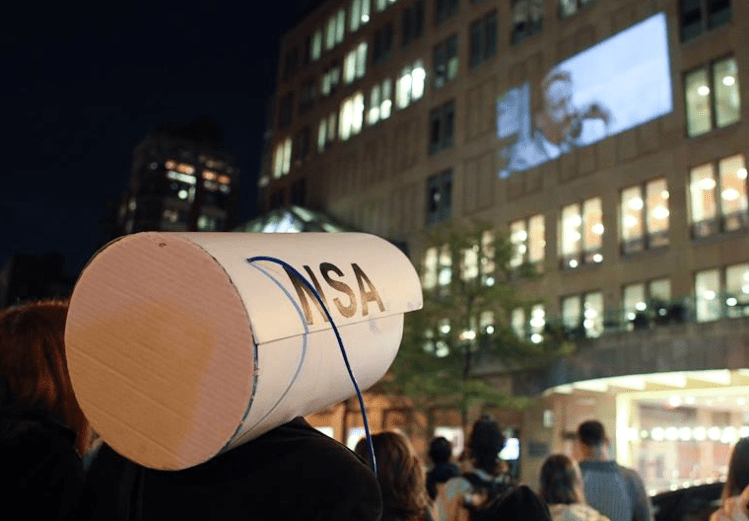Updated at 12:27 PM pacific with commentary from an American Civil Liberties Union staff attorney
An Uzbek refugee may bring a debate on the National Security Agency’s controversial data collection programs to the Supreme Court.
Jamshid Muhtorov, who stands accused of conspiring with terrorists, on Wednesday filed a motion challenging the constitutionality of evidence obtained through NSA surveillance programs. The case is likely to make its way to the Supreme Court, which has yet to rule on the constitutionality of the government’s bulk data collection programs.
An Uzbekistan native who immigrated to Aurora, Colo., Muhtorov is only one of two criminal defendants the federal government has admitted to charging based on evidence obtained through warrantless wiretapping. In October, prosecutors notified Muhtorov that they intended to use evidence based on “information obtained or derived from acquisition of foreign intelligence information conducted pursuant to the Foreign Intelligence Surveillance Act of 1978.”
The FISA Amendments Act of 2008 authorizes government agents to scoop up Americans’ emails and phone calls without a warrant if the surveillance is targeted at a foreign suspect living overseas. Federal authorities contend that emails and phone calls they collected demonstrate Muhtorov’s support for a terror group called the Islamic Jihad Union, which has conducted attacks in Uzbekistan. Muhtorov allegedly expressed his willingness to become a martyr for the group’s cause, though he is not accused of planning an attack in the U.S. and maintains his innocence.
Last year, the Supreme Court dismissed a separate suit challenging the constitutionality of the FISA Amendments Act. In a 5-4 vote, the court determined that the lawyers and journalists who brought the case forward couldn’t prove the government monitored their communications, so it refused to hear the case.
“This case is significant because it has already passed that problem,” said Patrick Toomey, a staff attorney at the American Civil Liberties Union, which is representing Muhtorov alongside a federal public defender’s office. “The court will be able to assess in his case whether this type of surveillance violates the constitution.
“We are absolutely confident in our legal position and the challenge that we’re mounting,” Toomey added. “We think the statute violates the fourth amendment because it allows the government to engage in dragnet surveillance without any type of individualized court review, which is exactly what the fourth amendment requires.”
VentureBeat's mission is to be a digital town square for technical decision-makers to gain knowledge about transformative enterprise technology and transact. Learn More






![Reblog this post [with Zemanta]](http://img.zemanta.com/reblog_e.png?x-id=d79d82a6-717a-4479-9c55-b0b909de7cd1)
